Geneva gears up for Iran nuclear talks
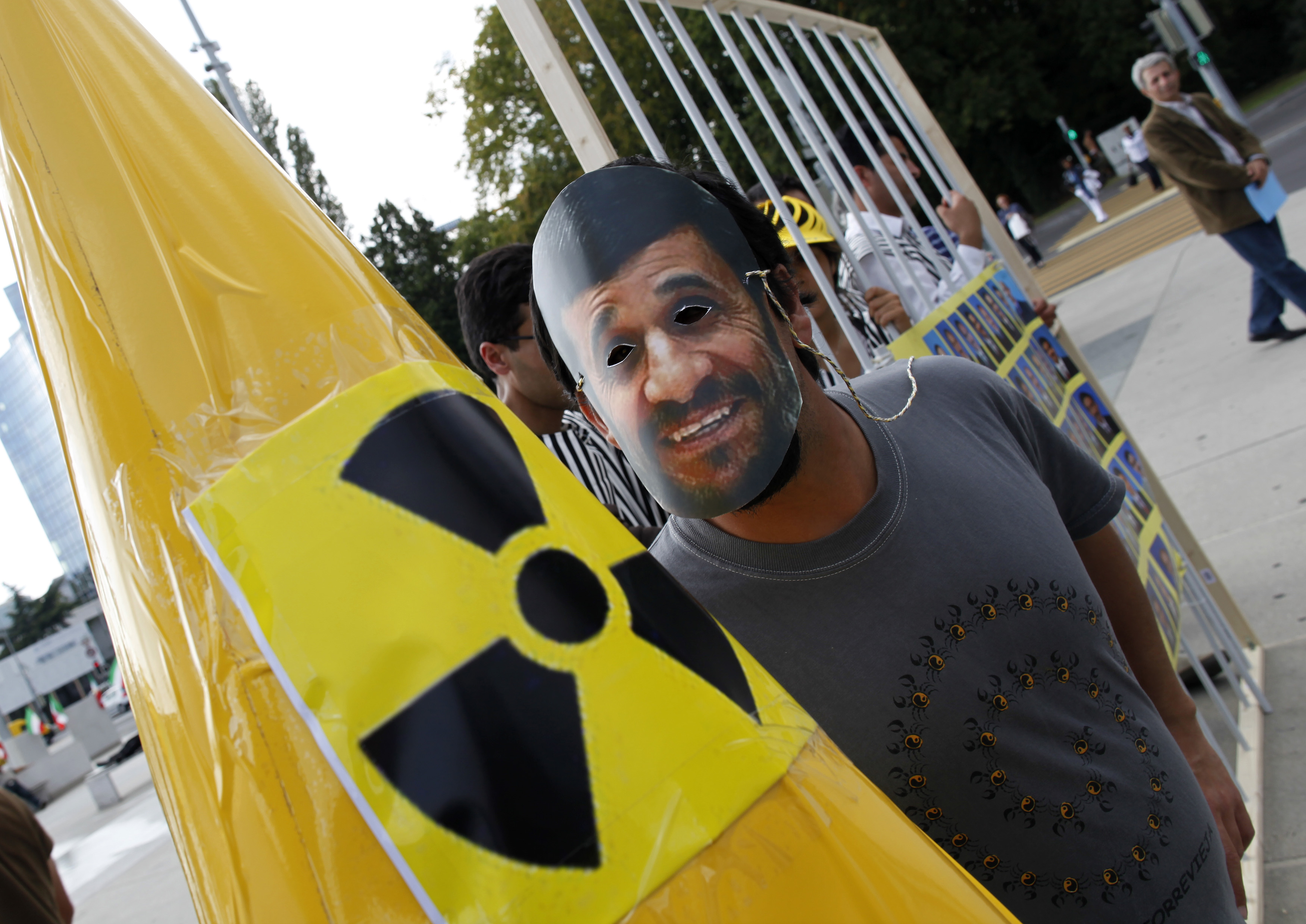
More than a year after the last round of discussions, six world powers are re-engaging with Iran on nuclear issues this week.
Iranian nuclear negotiator Saeed Jalili is in Geneva on December 6 and 7; talks started on Monday morning with the so-called 5 + 1 group, made up of the five permanent members of the UN Security Council (the United States, Russia, China, Britain, France) and Germany.
Mohammad-Reza Djalili, a political scientist specialising in the Middle East and Central Asia, and professor emeritus at the Graduate Institute in Geneva, tells swissinfo.ch that he does not expect the talks to be very productive, since the Iranians are unlikely to change their position.
At the heart of the matter is the distinction between nuclear energy and nuclear weapons – many countries are wary of any nuclear activity that might be going on in Iran.
Iranian President Mahmoud Ahmadinejad has insisted that his country’s uranium enrichment programme is not up for negotiation and that Iran simply wants nuclear power to generate electricity. The message was underlined on the eve of the talks when Iran announced that it had produced its first batch of locally mined uranium ore for enrichment.
swissinfo.ch: On Monday, Iran will hold talks with the EU and other major powers for the first time in a year. Can you summarise where they are today and how they got to this point?
Mohammad-Reza Djalili: The Iranians are coming to Geneva because they want to show that they are not abandoning the diplomatic channel. But basically, their position has not changed. The latest statements by Iranian President Mahmoud Ahmadinejad and other Iranian officials are all saying the same – that Iran is sticking to the same aims and won’t make any concessions over the nuclear issue. Which doesn’t bode well for the talks, since there is no flexibility on the Iranian side, at least so far.
Obviously, a surprise is possible when they are there, but I’m very sceptical about a sudden change in the Iranian position.
swissinfo.ch: What do you think we can expect at this meeting?
M. D.: Not much, in my opinion. You know there was a meeting in Geneva a little over a year ago. Promises were made, but these promises were not kept. Today, Iran is in a position that may be a bit shakier for several reasons. First, because there is some consensus among the “5 + 1” group and also because the sanctions have had very negative effects on the Iranian economy, and finally because of technical problems that Iran has met in its enrichment programme.
Will these three factors influence the Iranian position? It’s hard to say, but I think these factors are secondary to the extent that the fundamental problem is that for Iran to yield on the nuclear issue and compromise would be a sign of weakness for the Iranian government. I see no evidence that it would accept this situation.
swissinfo.ch: How about the role of Switzerland in all this?
M. D.: Switzerland, especially Geneva, and the UN in Geneva, are obviously ready to create the right conditions for negotiations to be held and to find a solution to the nuclear issue. This is an important role, but it is the least they can do without even being sure that these negotiations will lead to something.
Nevertheless, I think that negotiations are preferable to a confrontation – even if on the Iranian side, the talks are meant to delay things. This kind of stalling would also seem to suit the U.S. administration, which has many problems right now. So people see no reason not to hold a meeting, even if they have to hold another in six months or a year. This trend has been going on for eight years: we are banking on time.
swissinfo.ch: What about the fact that some of the countries involved consider it OK for themselves to have nuclear weapons while excluding this possibility for others?
M. D.: Officially, the Iranian position is that Iran is seeking to develop a civil nuclear capability. Iran refuses to acknowledge that its program could have a military dimension. If we stay in the area of civil nuclear use, all states have the right to it. But they must simultaneously accept very close monitoring by the International Atomic Energy Agency in Vienna. This doesn’t quite seem to be happening with the Iranian programme, which has created a number of doubts in the international community about the true intentions of its programme.
That having been said, the nuclear non-proliferation treaty was signed under very specific circumstances, and it is indeed unbalanced. But it is the only treaty that we have right now to try to prevent proliferation. If a country like Iran – which signed the treaty – does not respect it, it will be a disaster for the nuclear monitoring system, since in the current international situation is it impossible to renegotiate a new treaty.
This is to avoid increasing the risks of using nuclear weapons. The basic thinking is that if only a few powers have access to nuclear weapons, this is a way of avoiding them ever being used. It seems to have been the case since the non-proliferation treaty was signed; no-one has used nuclear weapons. But if any one country in the Middle East acquires nuclear weapons and other countries are obliged to do the same, then things can quickly get out of hand and that can have very negative consequences for the international community.
swissinfo.ch: If you could offer some advice to those participating in Monday and Tuesday’s talks, what would it be?
M. D.: This would be to truly enter into a negotiating framework. For now, we are not holding negotiations, we are holding discussions. For real negotiations, you have to set the framework and certain elements must be accepted by both parties. We haven’t yet got to this absolutely essential stage.
Jul 2008 Iranian officials rule out any freeze in uranium enrichment during talks in Geneva.
Sep 12 Iran’s foreign minister says Iran will not back down in its row with the West.
Sep 25 The IAEA says Iran has told it of a second uranium enrichment plant being built near the city of Qom.
Oct 1 Iran meets 6 world powers in Geneva, and agrees to move most of its enriched uranium out of the country.
Nov 18 Iran says it will not send its enriched uranium abroad for further processing but would consider swapping it for nuclear fuel within its borders.
Nov 19 Obama issues a strong warning to Iran of consequences of its failure to respond to the nuclear deal.
Nov 24 World powers draft an IAEA resolution urging Iran to clarify the purpose of its previously secret enrichment site.
Nov 29 Iran announces plans to build 10 more nuclear sites.
Jan.19 2010 Diplomats say Iran has formally rejected key parts of the deal to send abroad for processing most of its material that could be used to make nuclear arms.
Feb 2 Ahmadinejad announces Iran is ready to send its enriched uranium abroad.
Apr 12 Obama’s drive for tougher sanctions gains momentum at a summit called to highlight the global threat of nuclear terrorism.
May 17 Iran, Brazil and Turkey sign a nuclear fuel swap agreement. Ahmadinejad calls for fresh talks with major powers.
Jun 9 UN adopts more sanctions against Iran; .
Aug 19 Switzerland implements wider sanctions against Iran for not responding to calls to suspend its nuclear enrichment programme.
Dec 5 Iran announces it has produced its first batch of locally mined uranium ore.
Dec 6 New talks with Iran begin in Geneva.

In compliance with the JTI standards
More: SWI swissinfo.ch certified by the Journalism Trust Initiative
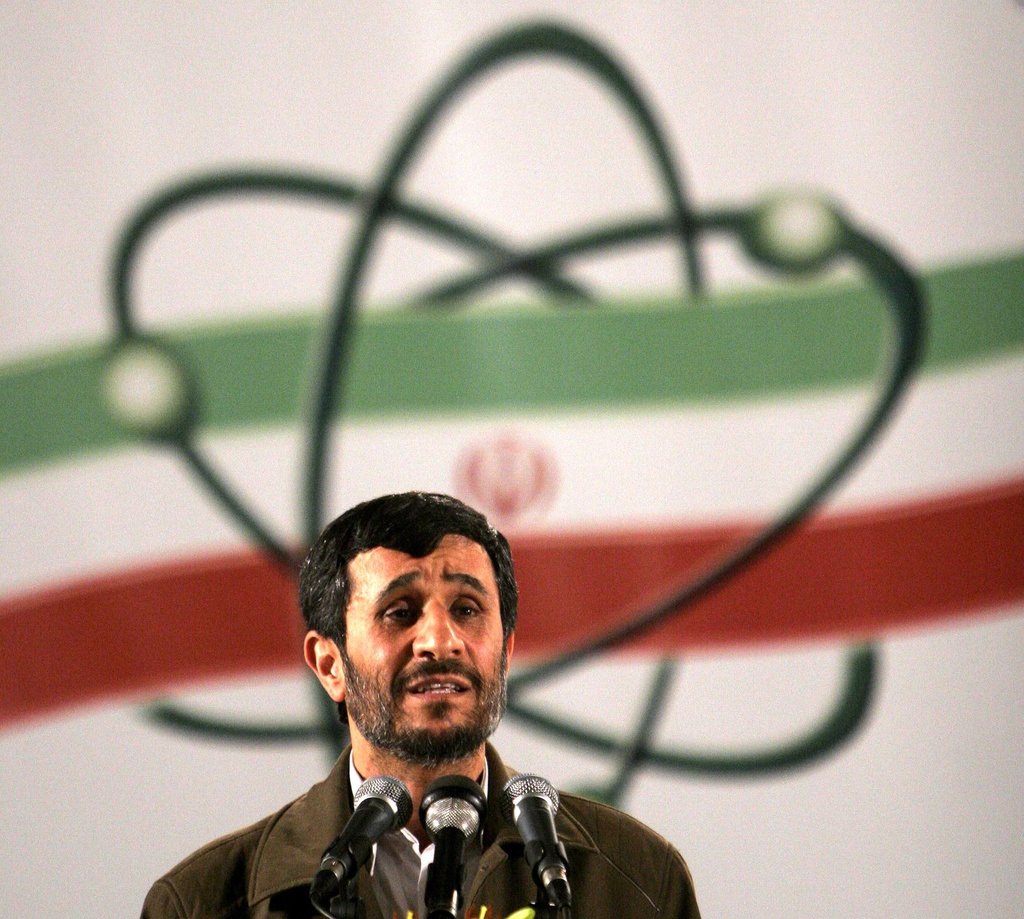
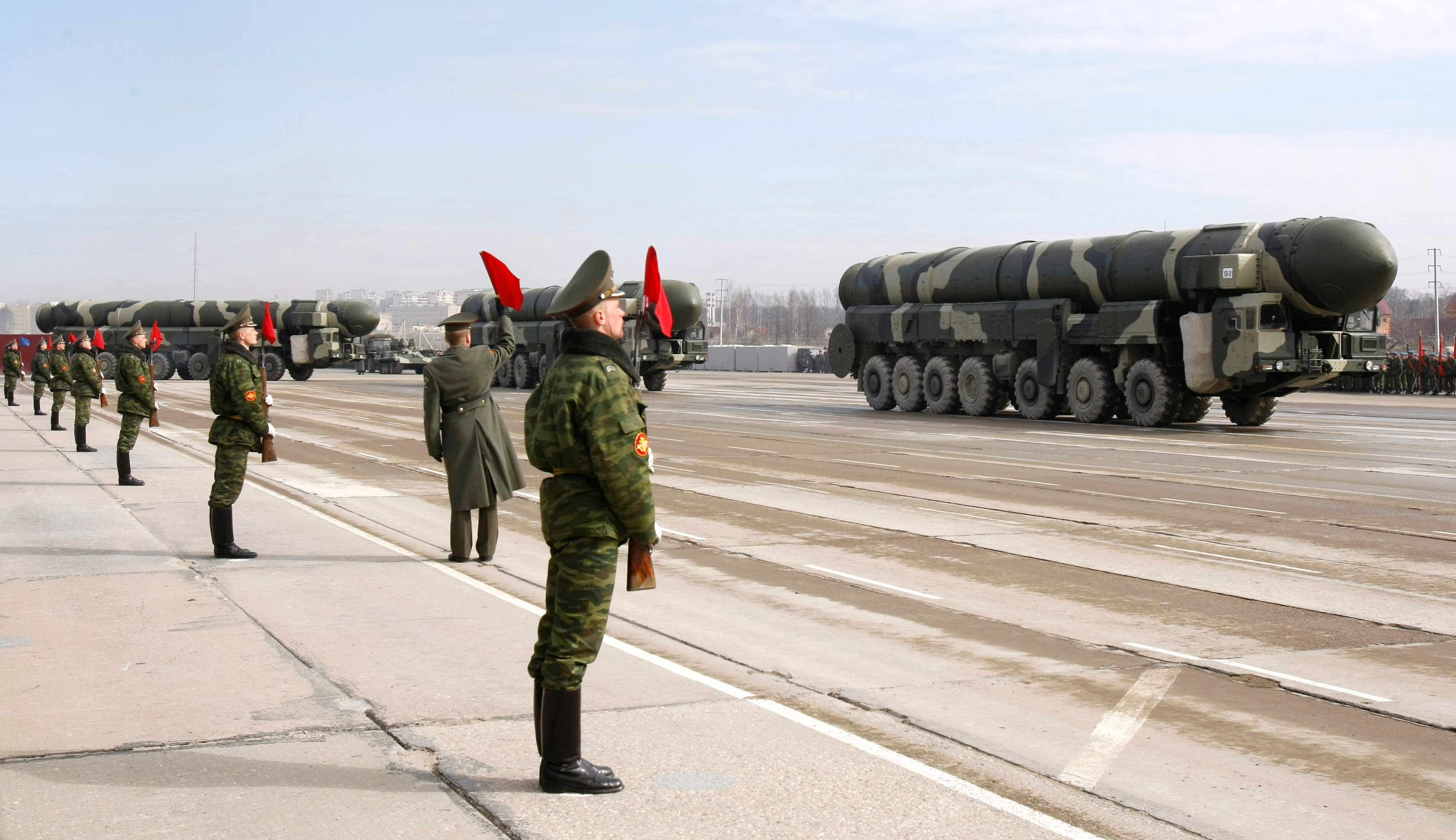
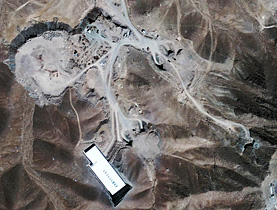
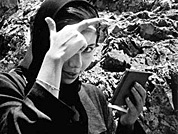
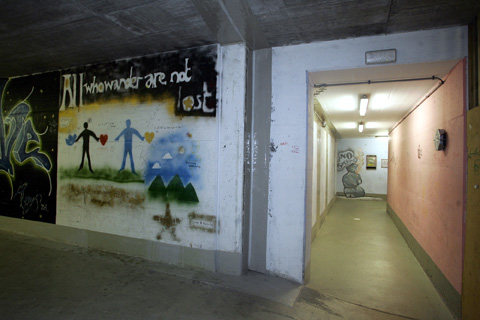
You can find an overview of ongoing debates with our journalists here. Please join us!
If you want to start a conversation about a topic raised in this article or want to report factual errors, email us at english@swissinfo.ch.